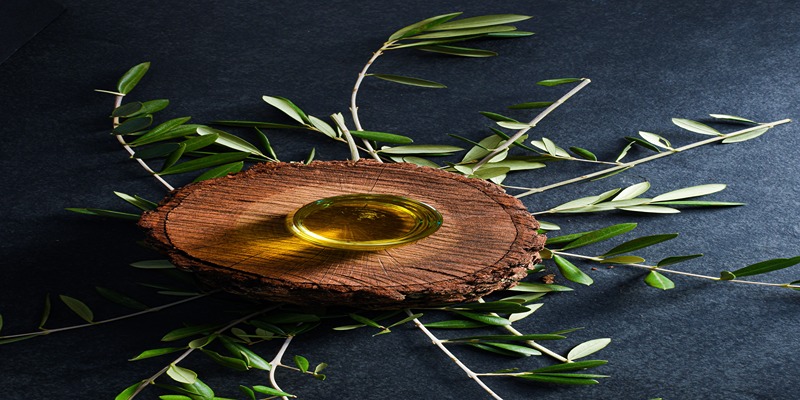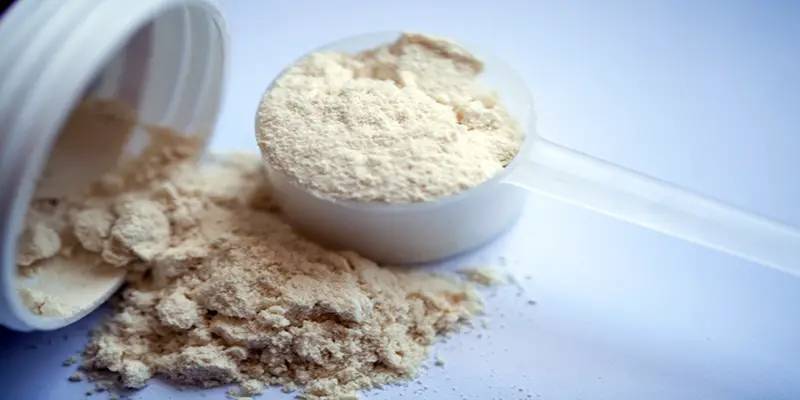Olive oil, also called "liquid gold," is highly esteemed in the health and culinary communities. It has become an icon of healthy living because of its adaptability and long history of use in cooking. As an important component in many different types of food and a potent tool in the fight against illness, olive oil's impact is far-reaching.
Olive oil has become an adored ingredient all across the world, from the Mediterranean to kitchens on every continent. Its heart-healthy benefits have been known for decades, and its significance in Mediterranean cuisine has only grown. The uses of olive oil extend well beyond the kitchen; it is now a popular ingredient in cosmetics, hair care products, and even natural remedies for a wide range of health problems.

Health Benefits
Heart Health and Olive Oil
The beneficial effect on cardiovascular health is one of olive oil's most well-known advantages. It might lower the risk of cardiovascular disease since it is rich in monounsaturated fats. The levels of bad cholesterol are reduced, and the levels of good cholesterol are maintained or even increased by using olive oil. Better cardiovascular health, including a decreased risk of heart attacks and strokes, is a result of this equilibrium. Additionally, it protects the heart's blood arteries via its anti-inflammatory qualities.
Olive Oil in Cancer Prevention
The field of cancer prevention is only one of the many health advantages of olive oil. Research has shown that olive oil may play a role in reducing the incidence of cancer, particularly breast and colon cancer. One way these chemicals help fight cancer is by reducing inflammation and oxidative stress. A healthy diet that includes olive oil may help reduce the risk of cancer; however, it is not a cure-all.
Olive Oil in the Kitchen: Delicious Recipes
Simple Olive Oil-Based Dressings and Sauces
Olive oil is perfect for making sauces and dressings, which is both an easy and delicious application of the oil. A basic salad may be transformed into a gourmet experience with a traditional balsamic vinegar and olive oil dressing. To create your own unique dressing, try experimenting with different herbs, spices, and citrus tastes. Pasta sauces made with olive oil, such as aglio e olio (garlic and olive oil), are another example of how the oil elevates the flavor of food.
Cooking with Olive Oil: Main Courses
Innumerable main dish dishes include olive oil as the primary ingredient. Everything from pan-seared fish doused in olive oil that has been flavored with lemon to roasted veggies drenched in the golden richness of the oil turns out to be a gastronomic marvel. Olive oil is a healthier option than other cooking oils due to its high smoke point, which makes it perfect for sautéing, frying, and even grilling. It's the magic ingredient that makes stir-fries sizzle and fried chicken golden and crispy.
Nutritional Profile of Olive Oil
Vitamins and Minerals in Olive Oil
Olive oil is a nutritional powerhouse that goes beyond its delicious taste to promote overall wellness. Although olive oil is mostly monounsaturated fats, it is also a good source of other nutrients including vitamins and minerals. It aids in cellular protection against oxidative stress as it contains vitamin E, a potent antioxidant. Olive oil also contains trace levels of vitamin A and vitamin K, two nutrients that are vital for many different body processes. Olive oil is a nutritious powerhouse and a tasty treat because of the minerals it contains, which include iron, calcium, and potassium.
Understanding Fats: The Goodness of Olive Oil
Olive oil is a great example of a healthy fat, which is essential to our diet. Many health advantages have been associated with monounsaturated fat, the main kind of fat found in olive oil. It is well-known that monounsaturated fats promote heart health by reducing levels of bad cholesterol while keeping levels of good cholesterol stable. Because it does not contain any trans fats, olive oil is a good option for those watching their heart health, whether cooking or dressing. A further testament to its virtue is its capacity to alleviate oxidative stress and inflammation inside the body. Olive oil, when used in moderation, may enhance flavor and promote good health as part of a balanced diet.

Olive Oil in Daily Life
Olive Oil as a Beauty Ingredient
Various people keep olive oil a beauty secret because of its various uses beyond the kitchen. Because of its all-natural composition, it is a great addition to beauty regimens for both hair and skin. The skin may be nourished and moisturized by using olive oil, which is rich in antioxidants and good fats. It is a highly sought-after component in hair masks and conditioners due to its reputation for enhancing hair's luster and smoothness. Indulge in the multipurpose olive oil and let it caress your hair and skin for a healthy, beautiful sheen.
Olive Oil for General Wellness
Olive oil is useful for more than just cooking and beauty; it also helps with overall health. A number of health advantages, like as enhanced digestion and cardiovascular health, have been linked to its use. One tasty approach to help your health, in general, is to use olive oil in your cooking every day. Also, it may help with chronic condition management and illness prevention due to its anti-inflammatory qualities. No matter how you use it—drizzling it on salads, cooking with it, or even just applying it topically—olive oil improves your health and appearance in ways that go far beyond the usual.
Tips for Choosing and Preserving Olive Oil
To get the most out of your olive oil, it's important to follow these guidelines for both choosing and storing it. The first step in making the best olive oil is to get extra virgin olive oil. Try to choose well-known brands and make sure they have the necessary certificates to prove their legitimacy. To avoid oxidation, store olive oil in a cool, dark spot, away from heat sources and sunshine. Tightly seal the bottle to keep it fresh. If you follow these steps, your olive oil will stay fresh and flavorful for as long as you own it.
Conclusion
The miraculous elixir that is olive oil has many uses beyond just cooking. Thanks to its versatility, it really comes into its own in the kitchen, where it adds flavor and health advantages to a variety of dishes. Olive oil's nutritional composition, which includes a wealth of beneficial fats, vitamins, and minerals, further enhances its allure. Its pervasive impact on people's lives extends beyond the kitchen and into their beauty regimens and overall health habits. If you know what to look for in olive oil and how to keep it, it will last longer and be more effective. Because of its many uses and positive effects on health, olive oil is an invaluable commodity.




